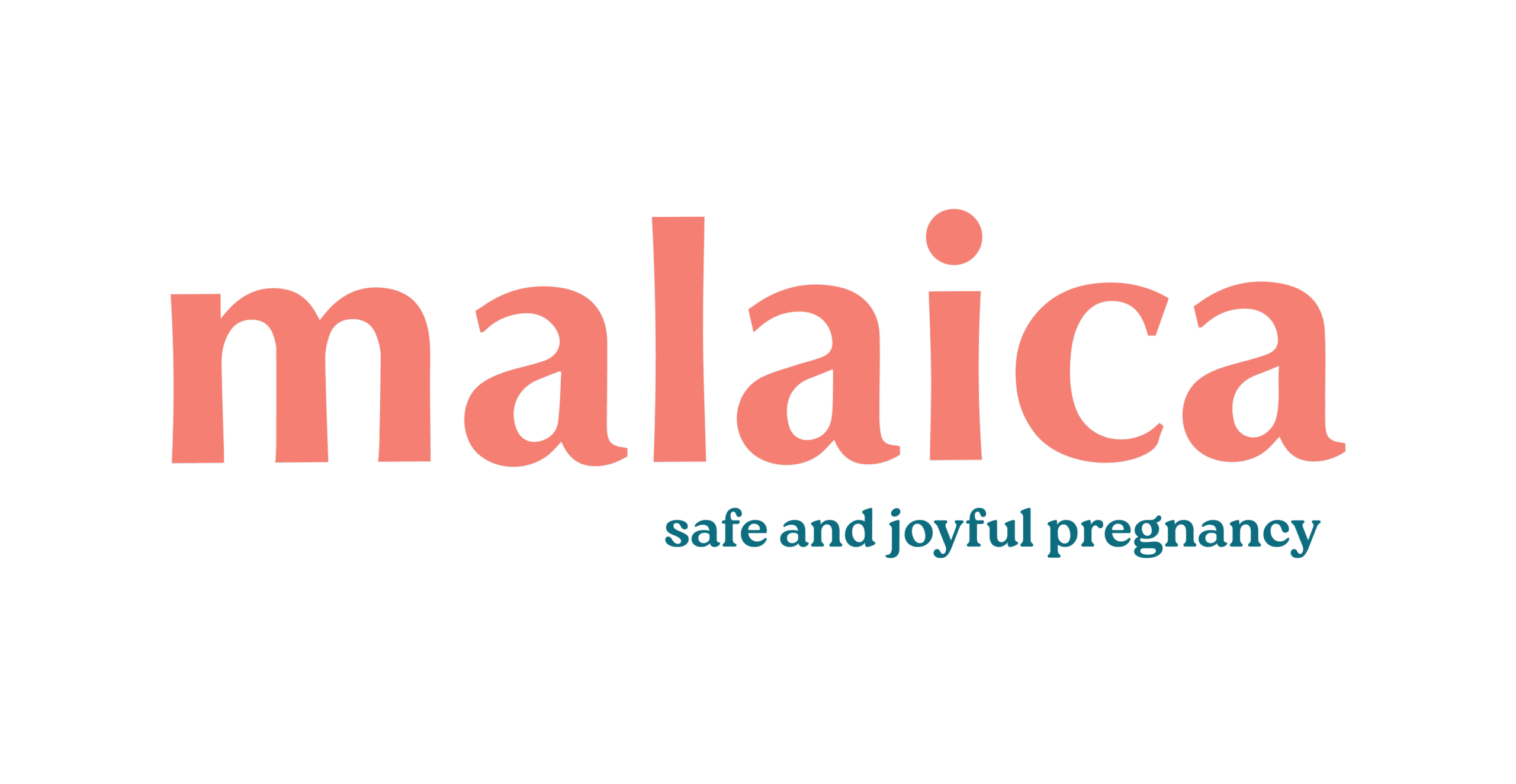The first thing is to be as informed as much as possible about your pregnancy. The Malaica pregnancy program is a great place to start. More information is readily available on print media and on the web.
In the first trimester, general symptoms like nausea and vomiting are pretty common. Remedies are easily available to avoid excessive dehydration and poor nutrition. However if unable to tolerate any fluids or feeds, risks tend to rise and a hospital visit is usually warranted. Mild pelvic discomfort and even some blood spots are common symptoms that tend to resolve spontaneously. However, any bleeding that mimics a period, or pain of severe intensity always warrants a review. These portend the likelihood of a miscarriage or ectopic pregnancy, necessitating specific measures.
The second trimester tends to be more relaxed. Risks of late miscarriage are significantly reduced and, nausea and vomiting tend to resolve.
However, pain and bleeding remain serious symptoms warranting assessment. Some women may experience leakage of fluid through the vagina. This is also the earliest time that other complications may start to show up, for example, a rise in blood pressure or poor glucose control. Being aware of the signs to watch out for is important. If unsure about the significance of any symptoms, it’s always best to check with your healthcare provider. Phone advice is often good enough, unplanned clinic visits can often be avoided.
The last third of the pregnancy (third trimester) has specific problems that may arise. Any bleeding during pregnancy must always be assessed as it may signify serious complications that may be life-threatening. Unexpected uterine contractions or leakage of fluid prematurely may be signs of premature labour, warranting thorough assessment especially if remote from the due date.
Headaches are fairly common in pregnancy but are usually not severe and tend to resolve with simple painkillers. But if the headaches are severe, and accompanied by visual disturbance and sudden swelling of the face and hands, this may indicate a condition called pre-eclampsia. The blood pressure usually rises, with grave maternal and fetal complications if left unattended. The baby should remain active throughout, and any reduction in fetal movements should be evaluated promptly. But if necessary please consult your personal Malaica nurse midwife.
The above symptoms cannot be exhaustive. Sometimes you just don’t feel right. If this is the case, please phone for advice and get reassured, rather than predispose yourself to preventable situations.

